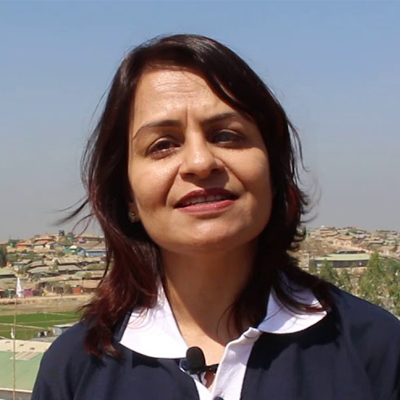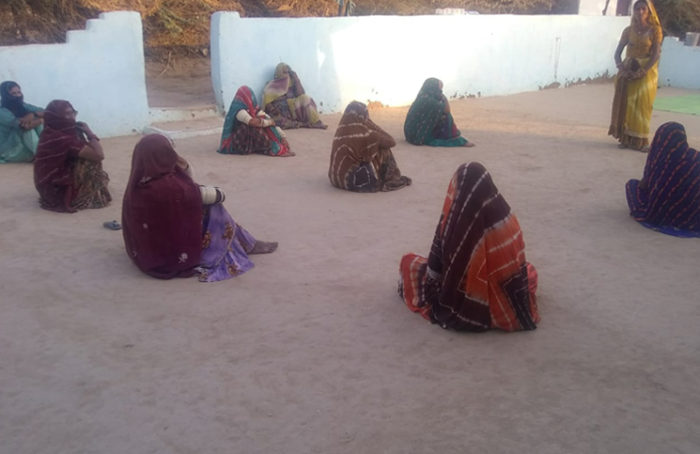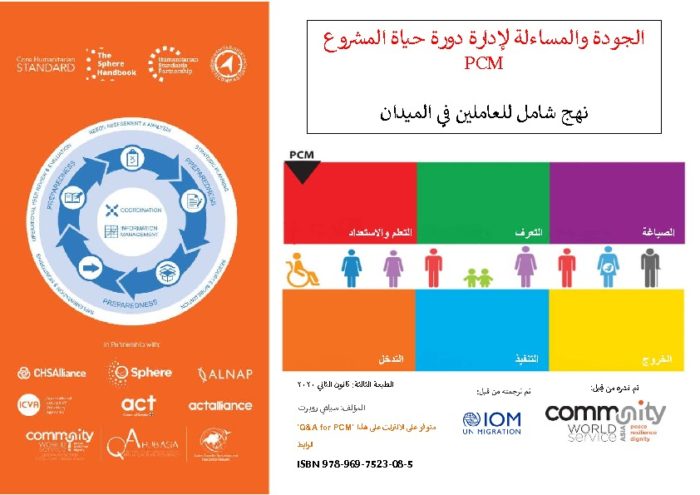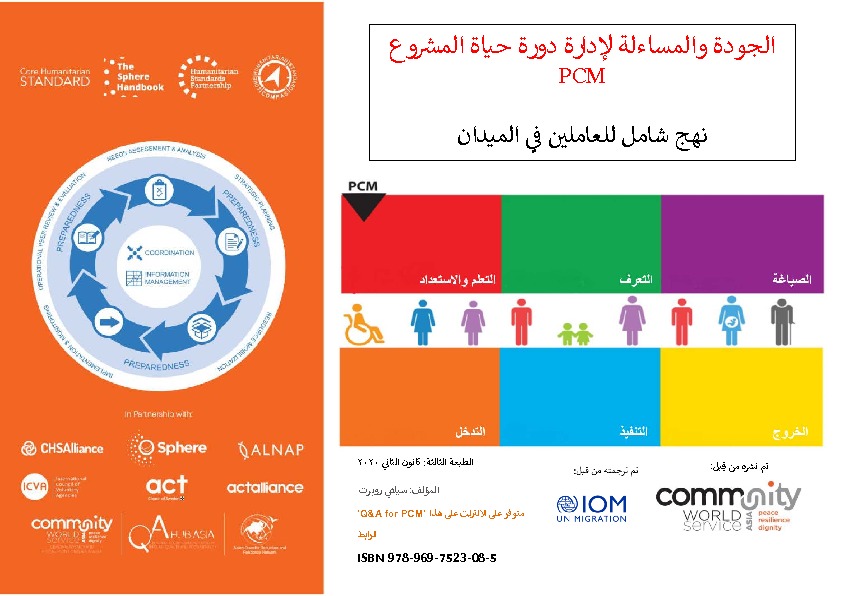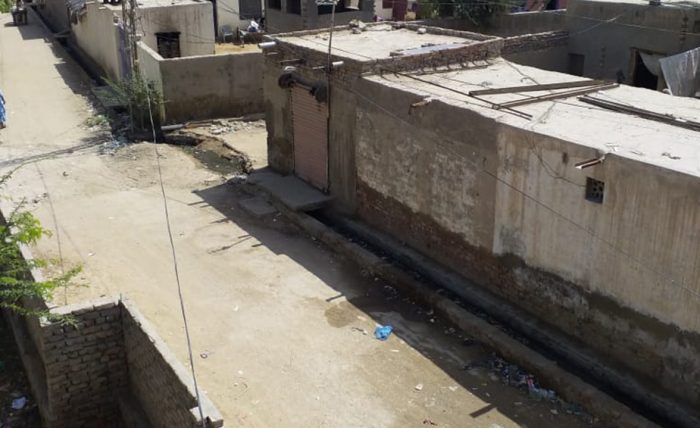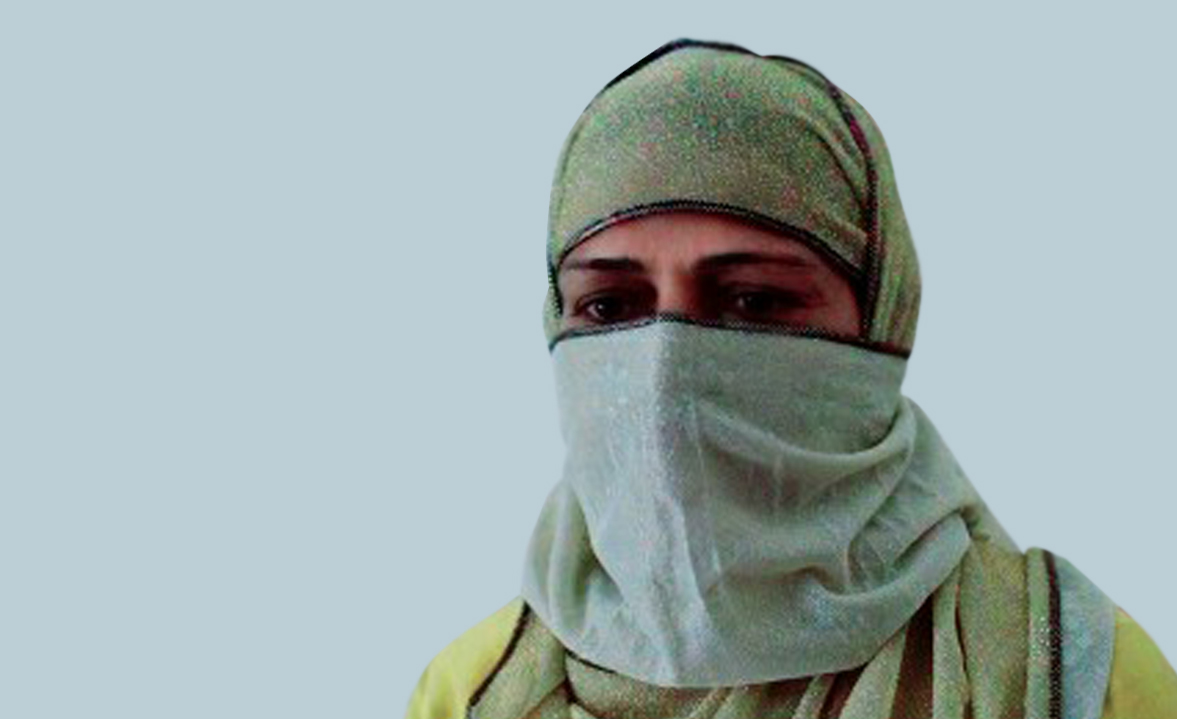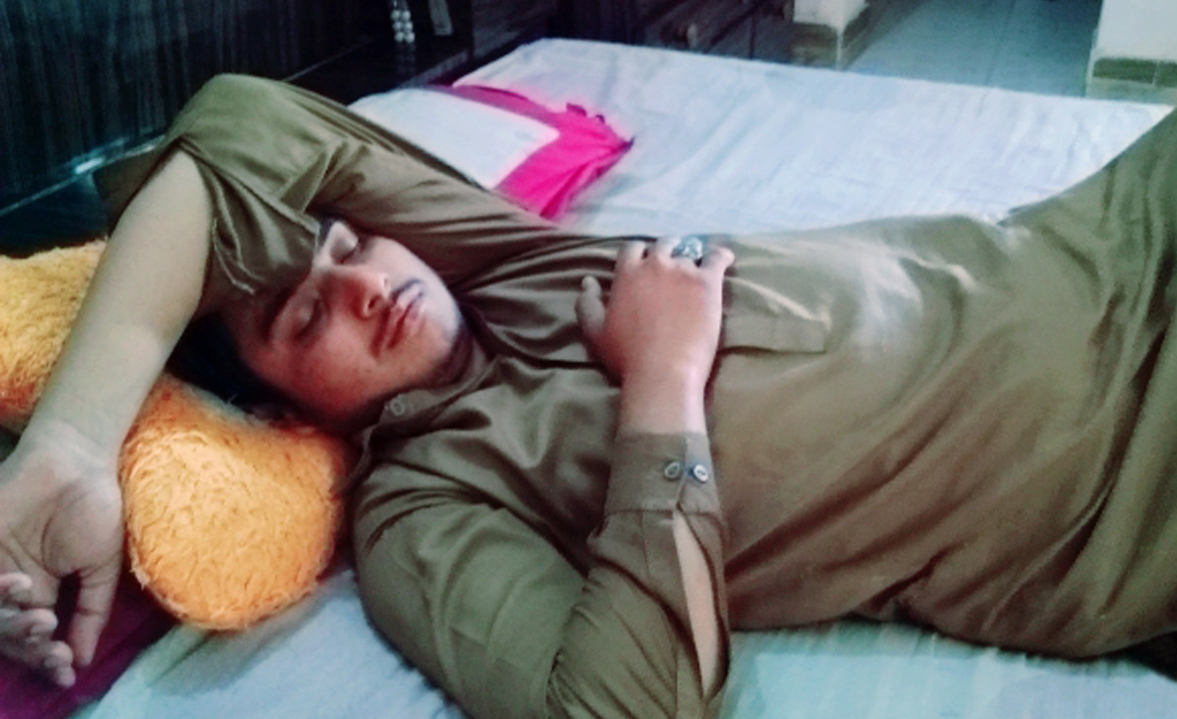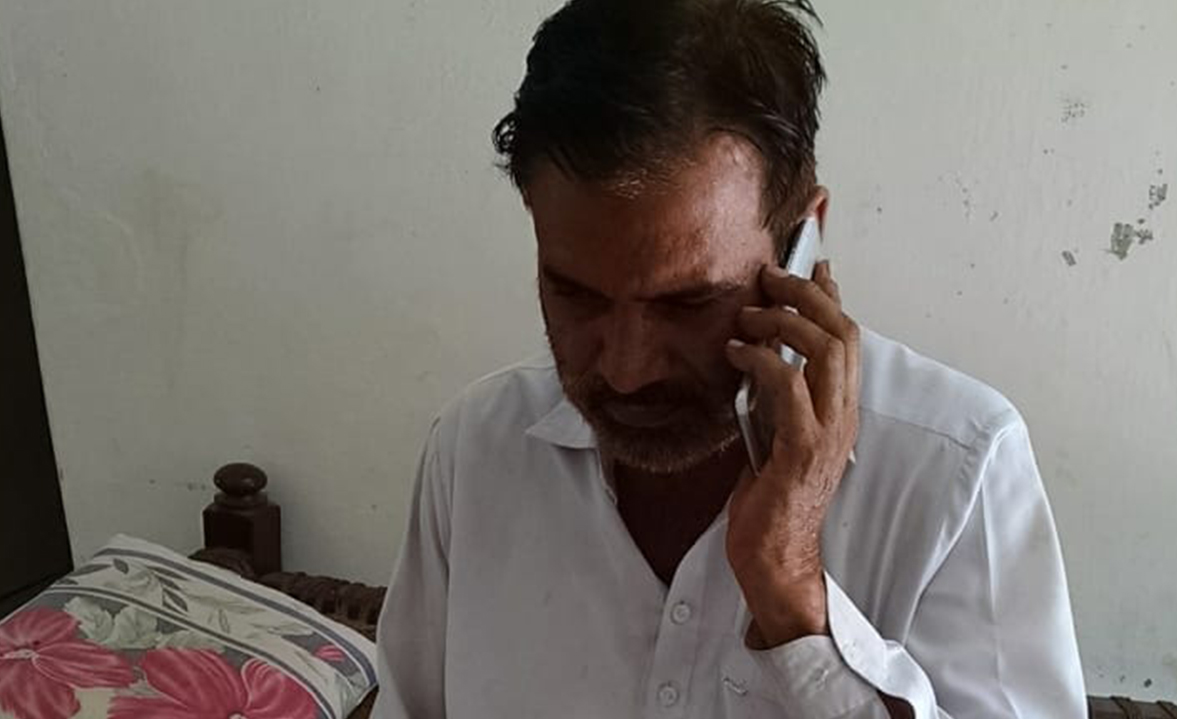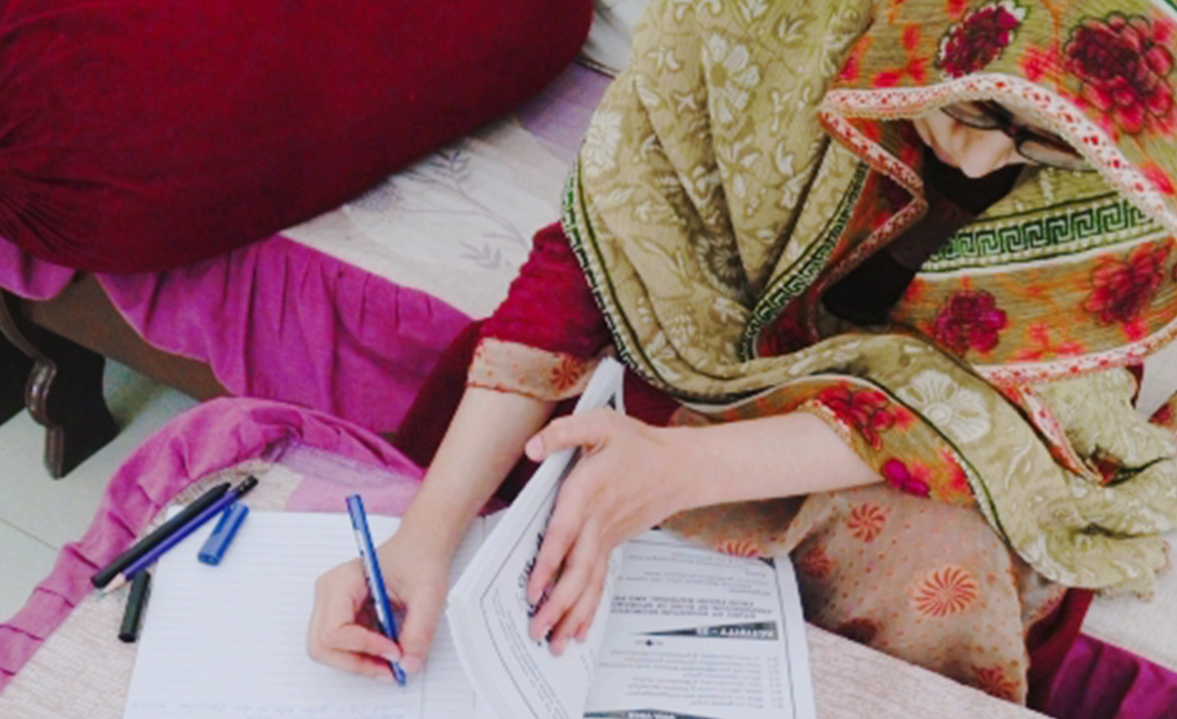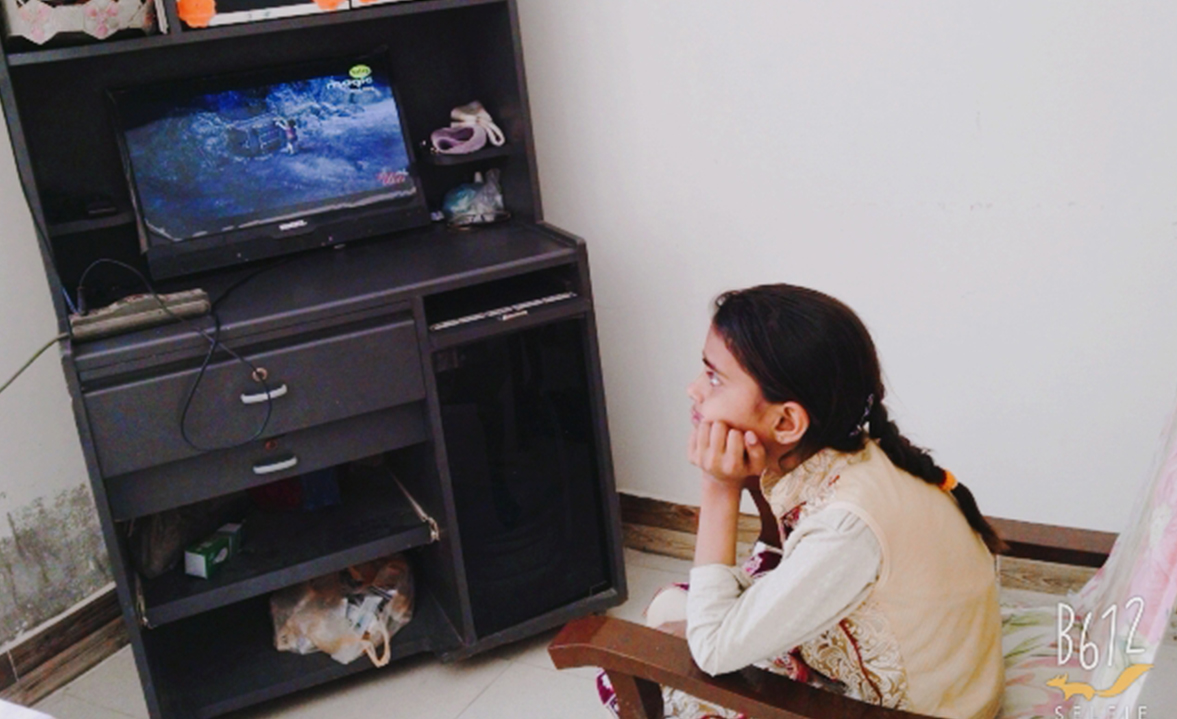Photo Credit: AFP Photo
Fifty-two-year old Ayub Masih was working as a cook until this March when the coronavirus epidemic broke out in Pakistan. The meager subsistence he was bringing to the family through his work is now at stake because his employers have closed down until June and he won’t be receiving a salary until they reopen.
On March 24th, Pakistan imposed a countrywide lockdown for social distancing and self-isolation to reduce the risk of the coronavirus spreading further and fast. Since then, all shops, businesses and factories, except for medical, law enforcement, sanitation and food related services, have been closed down.
Before the lockdown, there were at least 50 to 60 million Pakistanis living below the poverty line. But as an economic survey now reveals, the number might be
Masih and his family, who live in the suburbs of Lahore in a slum, are among the millions of Pakistanis who are going to experience the crushing jaws of poverty, hunger and despair because of the ensuing economic meltdown.going up to 125 million from the existing figureⁱ.
At his workplace, Masih was known for his hard work, humility and hospitality. In 1998, he had an open-heart surgery and since regularly takes medicine for heart and diabetes. Despite his ailing health, Masih has always been alert and proactive in providing assistance and support to everyone at work and at home. Today, Masih is not just without a job and an income, but is also experiencing the agony of being “of no use anymore”. With his diabetes and heart medication being costly, he might also be reducing or entirely missing his medicine dosage in this crunch time.
This is a very testing time. I have to make a tradeoff between my medicine and the food for everyone in the family.
Masih lives with his family in a three-bedroom house. His aged father and mother live in one room. In another room lives his son Haroon Masih with his wife and two children. In the third room, Masih lives with his wife Nasreen and his daughter Maria. Nasreen works as an attendant in a private school, and Maria works as a midwife at a private hospital. Masih had wanted to rent out a portion of his house for additional income but this hasn’t been possible due to his extended family staying in the house.
Masih’s son, Haroon, drives a rickshaw for a living. Before the COVID-19, he was able to bring home about PKR. 1,000 a day (roughly US $6). During the lock down however, all public transportation is suspended. Haroon cannot take his rickshaw on the road because the police have imposed a fine on commuting passengers. So now the only breadwinners for the family are Nasreen who earns PKR. 7,000 a month (roughly about US $45) and Maria who earns a monthly income of PKR. 13,000 (roughly about US $81).
In addition to the loss of livelihood, there has been a price hike because of the sudden increase in buying and storage of grocery, an interruption in the food supply chain due to the lockdown and hoarding by shopkeepers.
Yesterday, we cooked lentils and added more water than usual. Today, we have cooked potatoes. But, again, we have added more water so that everyone can eat. Before the outbreak, potatoes were for Rs. 40 a kilo but today I bought them for Rs. 80 a kilo.
The government has bailed out households in utility bills of electricity, water and natural gas. It has also launched a cash and voucher assistance mega-program under which each poor family will receive PKR. 12,000 a month (roughly US $75) during this difficult time.
I have got myself registered for this support on the prescribed government website but so far I have not received a confirmation if our family is going to get this assistance.
We have been trying to provide the best for our children within our means. Earlier, each day the children had demands like ice-cream or a chocolate, which we could meet. But now, if the current situation continues, we fear that they might soon be often going to bed hungry. So, we just hope and pray that this situation does not persist for long, normalcy prevails and we return to our work.





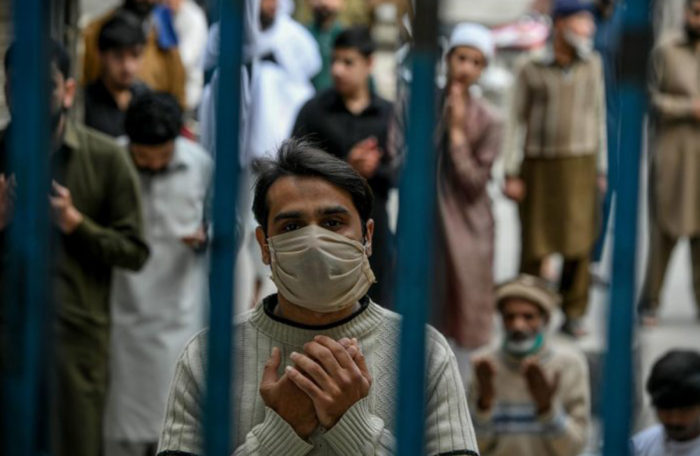

 Ms. Ester Dross – independent Consultant
Ms. Ester Dross – independent Consultant



